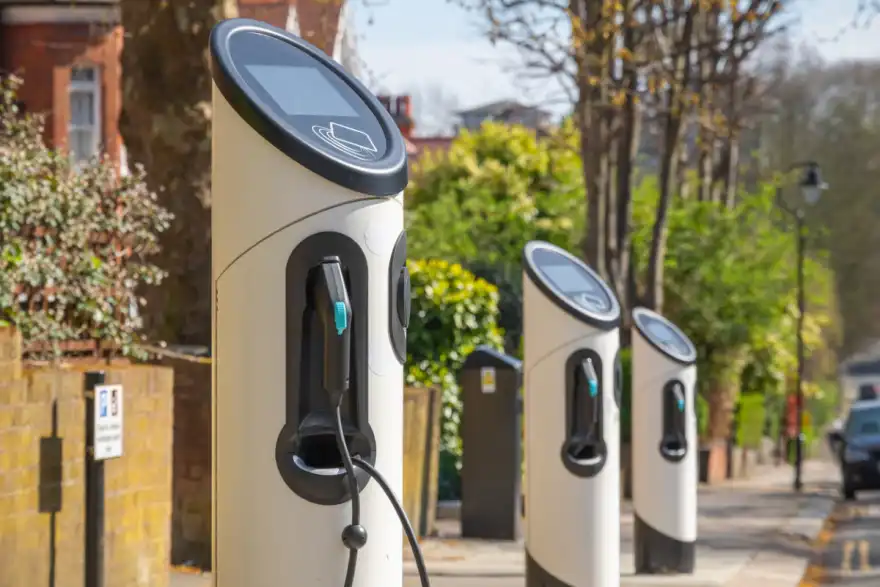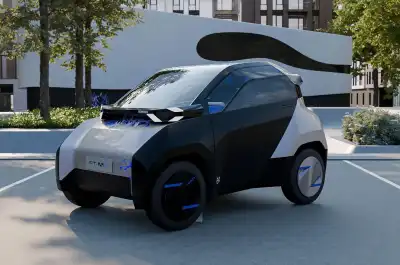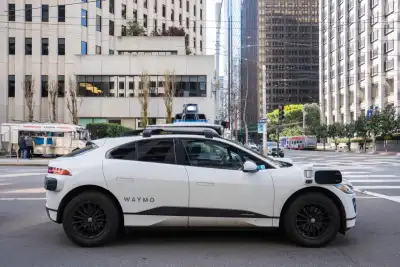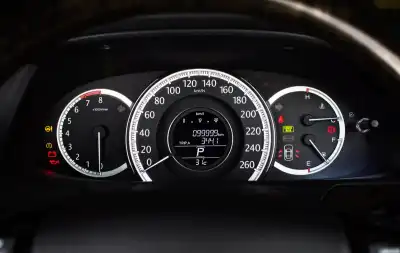
According to official figures, the number of on-street electric car chargers installed by councils dropped by more than 80% last year.
An audit by the Daily Mail shows that councils installed only 656 charge points last year, down from 4,066 the year before.
Over half of the councils didn't install any chargers, with only 146 out of around 320 councils across the UK participating.
Critics argue this undermines Labour's plan to reinstate the 2030 ban on new petrol and diesel cars, as sufficient chargers are essential to meet this target.
These figures come from the Government's On-street Residential Chargepoint Scheme (ORCS), which provides grants to local authorities for installing public charge points. The scheme, launched in 2017, has seen fluctuating results: 50 chargers installed in 2018, 429 in 2019, 1,407 in 2020, 1,746 in 2021, and 4,066 in 2022. However, installations plummeted to 656 last year, bringing the total to 8,354 chargers since the scheme began.
This decline in council participation is contributing to the decreasing demand for electric vehicles (EVs). In March, 15.2% of new cars registered were EVs, down from 16.2% the previous year. These numbers have led to renewed calls for the government to reconsider the 2030 target aimed at achieving Net Zero emissions by 2050.
Tory MP Greg Smith commented, "The lack of charging points is certainly putting off people from switching from their reliable petrol or diesel cars - that they can fill up in minutes - to a battery electric vehicle.
"Councils are not daft and don't see any great revolution happening in electric vehicle ownership. The 2030 date was always bonkers."
Public chargers are critical for the government's 2030 target, especially since about 40% of households don't have off-street parking and can't install their own chargers. Many councils lack the expertise to install chargers and face issues with the planning system and connecting devices to the electricity grid
Government officials note that many more applications for chargers have been approved and could be installed soon. The private sector is also installing public chargers at a faster rate, with 59,670 public chargers across the UK as of April, of which council-installed chargers make up just over 14%.
The previous government's goal was to create 125,000 on-street residential chargers by 2030. To meet this target, an average of about 58 chargers need to be installed daily from now until the end of the decade.
A Department for Transport spokesperson said, "We recognise the importance of reliable electric vehicle charging infrastructure and will set out plans to turbocharge the rollout in due course."



